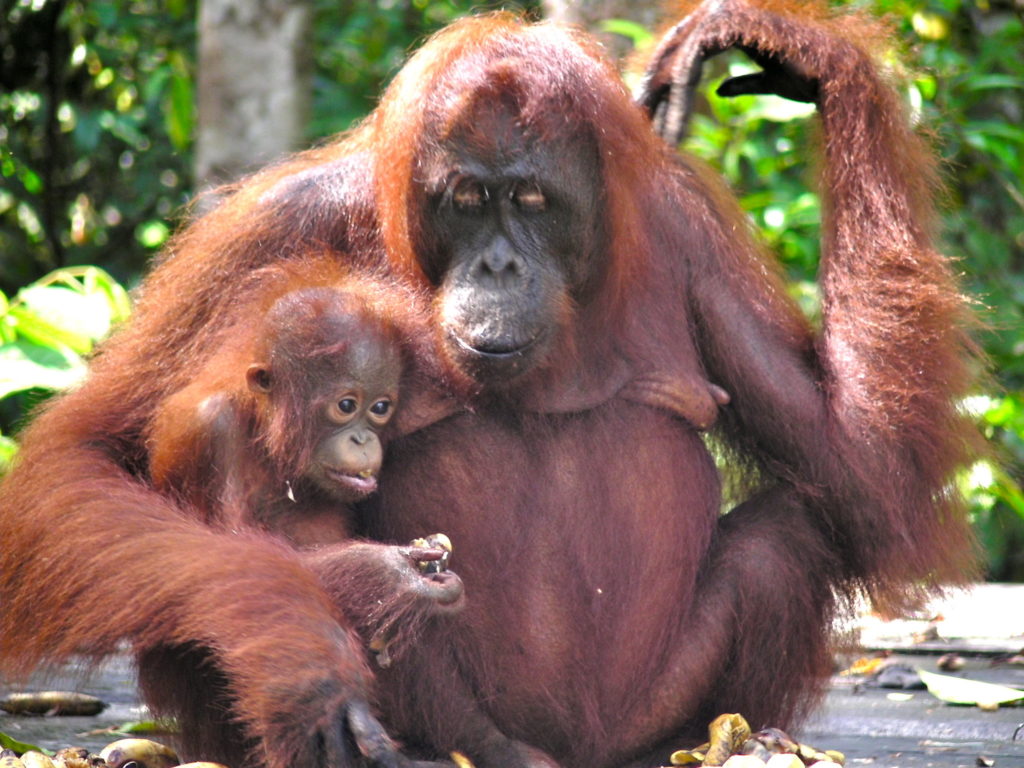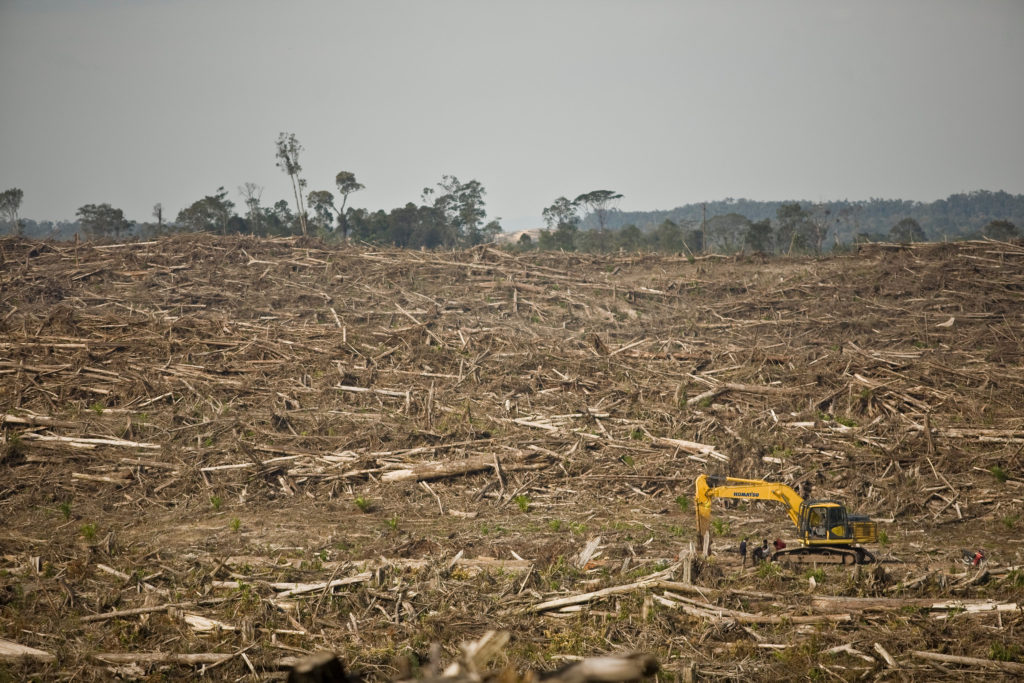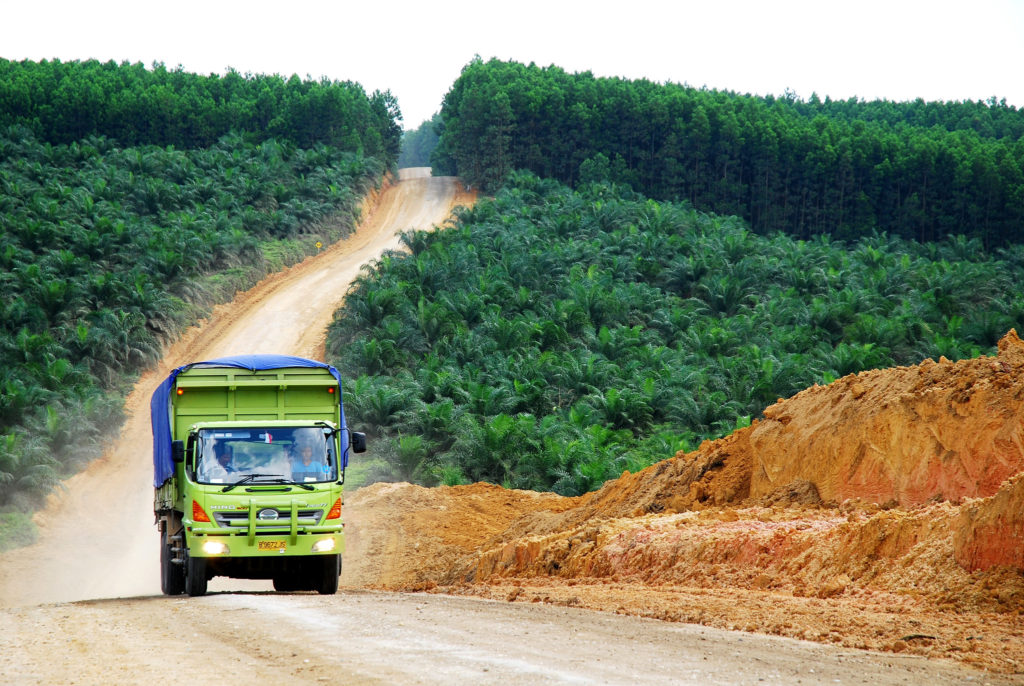Consumers around the world are still being conned about the sustainability of the palm oil contained in the products they buy, from cosmetics and foodstuffs to biofuels, a new report by the London-based Environmental Investigation Agency (EIA) reveals.
The Roundtable on Sustainable Palm Oil (RSPO) is a voluntary certification watchdog, created in 2004 to reassure shoppers and manufacturers who buy palm oil that anything bearing the RSPO label is not connected to the destruction of precious rainforests, including the habitats of endangered species such as orangutans, as well as human rights abuses and contributions to the climate crisis.

But instead, the organization – which has more than 4,000 members in 93 countries and operates under the slogan “Transforming markets to make sustainable palm oil the norm” – is still effectively giving false environmental credibility to its products, a practice commonly known as “greenwashing.” This is despite these same major concerns about the credibility of the RSPO being raised by EIA in 2015.
EIA’s investigations have established a catalog of shortcomings, including fraudulent auditing of oil palm plantations, primary forests being felled and community land rights violated.
Siobhan Pearce, EIA Forests Campaigner, said: “Any company that’s an RSPO member should be really worried, because this is undermining the whole credibility of the RSPO system and a lot of these companies are buying RSPO-certified palm oil at a premium cost to themselves. If the RSPO is not upholding any of its own rules and if its palm oil isn’t what it says it is on the tin, then that’s a major problem for the industry.
“Consumers should also be worried because they’re buying this certified palm oil on the understanding that it does not cause harm to the environment, that it’s not destroying wildlife or forests and that it’s not exploiting local people, when in fact the RSPO is not keeping to those rules and it is doing all those things.
“You have to wonder whether the RSPO has any credibility at all – to a certain extent, we’re all being conned because the RSPO is not keeping to its own rules and procedures and it’s a form of greenwashing.”
Palm oil is a cheap, mass-produced vegetable oil worth an estimated $70 billion a year. A total of 93 percent of the world’s RSPO-certified palm oil is produced in Indonesia (51 percent) and Malaysia (42 percent).

In 2015, EIA’s report Who Watches the Watchmen?, produced with Malaysian partner Grassroots, took the RSPO to task over major failures in its system of scrutiny intended to underpin the sustainability guarantee.
But four years later, as RSPO members are gathered in Bangkok, Thailand, for their annual meeting, Who Watches the Watchmen? 2 reveals the organisation has failed to make meaningful progress on its promises to clean up its act.
Pearce said: “We are appalled to find that the situation remains just as bad. The RSPO is still mired in ineffectual and opaque processes, which leave rogue companies at liberty to continue destroying primary forests and violating indigenous communities’ rights with impunity – and then still get the certificate of sustainability for the tainted palm oil they produce.
“A guarantee of environmental sustainability is only as good as its weakest link – and the RSPO’s guarantee is nothing but weak links.”
RSPO failures identified by the new EIA/Grassroots report include:
- a complaint case concerning community land rights which has been ongoing for nine and a half years;
- cases where the RSPO is aware companies have cut down primary forest but has failed to stop them, compensate communities or eject the offending companies from its membership;
- fraudulent auditing carried out on plantations;
- land conflicts not being identified;
- primary forest and important habitats being degraded;
- auditors not properly trained or not having the necessary knowledge;
- RSPO collusion with companies to hide flagrant violations of its own standards;
- the RSPO not following its own rules;
- mismanagement of the entire process;
- and a system which is slow and unresponsive to active violations of its standards.

Pearce added: “This is a scandalous state of affairs because we raised all these issues with the RSPO four years ago and it set up a special task force which was meant to develop a comprehensive work program to deal with them, but it hasn’t delivered.
“Companies and consumers are assuming that this certified palm oil is actually good, is really not causing environmental damage or resulting in social conflict, but what we’re finding is in so many of these cases there are unresolved issues, there are land conflicts that are still ongoing, forest-clearing is still happening and wildlife habitats are still being destroyed. It’s actually difficult to find a case that doesn’t have ongoing issues.
“The world is in the midst of a climate and natural emergency and can no longer afford to wait for the RSPO to slowly nudge companies in the right direction while still allowing them to do continual harm to the environment and people.”
Featured image: orangutans are one of the many species seriously threatened by the palm oil industry. Image credit Edmund Yung, CC BY-SA 2.0.





